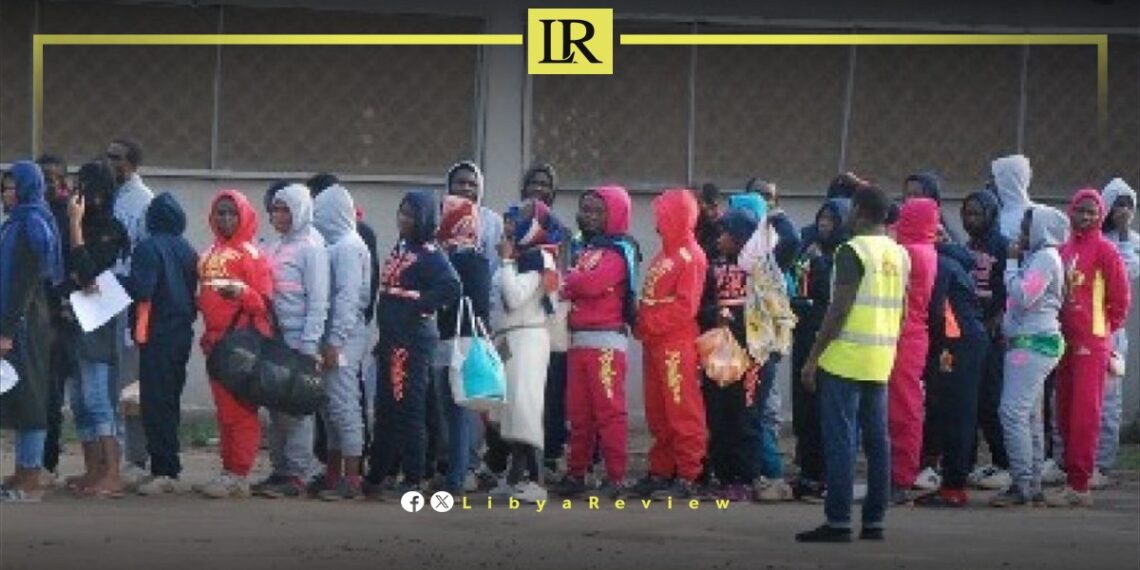The Nigerian Government has successfully repatriated 138 migrants stranded in Libya, demonstrating its commitment to addressing the challenges of irregular migration.
Organized by the Nigerian Mission in Libya, this marks the fourth evacuation this year, aligning with the government’s foreign policy objectives.
According to Amb Kabiru Musa, Chargé D’Affaires En Titre of the Nigerian Mission in Libya, the evacuees left Mitiga International Airport on chartered flight UZ 189 on Tuesday. The group includes 77 males, 56 females, 11 children, and four infants.
This initiative underscores the government’s dedication to assisting Nigerian migrants abroad, particularly those in precarious situations due to irregular migration, according to the statement.
Amb Musa highlighted the collaborative efforts with the International Organization for Migration (IOM) in facilitating the evacuation process, emphasizing the need to discourage irregular migration among young Nigerians.
The evacuees will receive support for rehabilitation and reintegration into society, reflecting the government’s commitment to protecting the rights and welfare of Nigerian migrants.
Notably, an Italian security report has revealed that the country received 157,551 irregular migrants via various Mediterranean migration routes last year, with 51,986 migrants arriving from Libya.
The number of migrants to Italy increased by about 50% compared to 2022, with the peak recorded in August 2023, when 25,673 migrants arrived, according to the report published by the AKI agency.
The Tunisian migration route ranked first with 97,667 migrants, followed by the Libyan route, then Turkey with 7,153 migrants, Algeria with 620 migrants, Lebanon with 214 migrants, and one migrant from Cyprus.
The report was issued on the occasion of the 172nd anniversary of the establishment of the Italian police forces.
In February, Italian Interior Minister Matteo Piantedosi announced Italy’s efforts to manage irregular migration by promoting voluntary return programs from Libya and Tunisia, in partnership with key humanitarian organizations.
Speaking to the Italian Parliament, Piantedosi emphasised Italy’s commitment to addressing the root causes of migration by fostering economic and social development in migrants’ countries of origin, through international support and significant investments as part of the Mattei plan.


